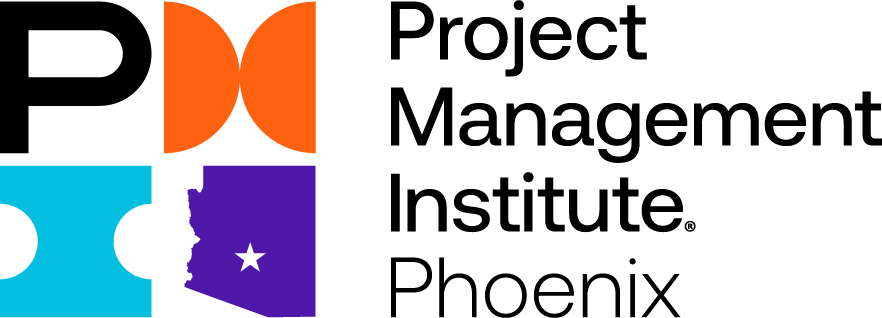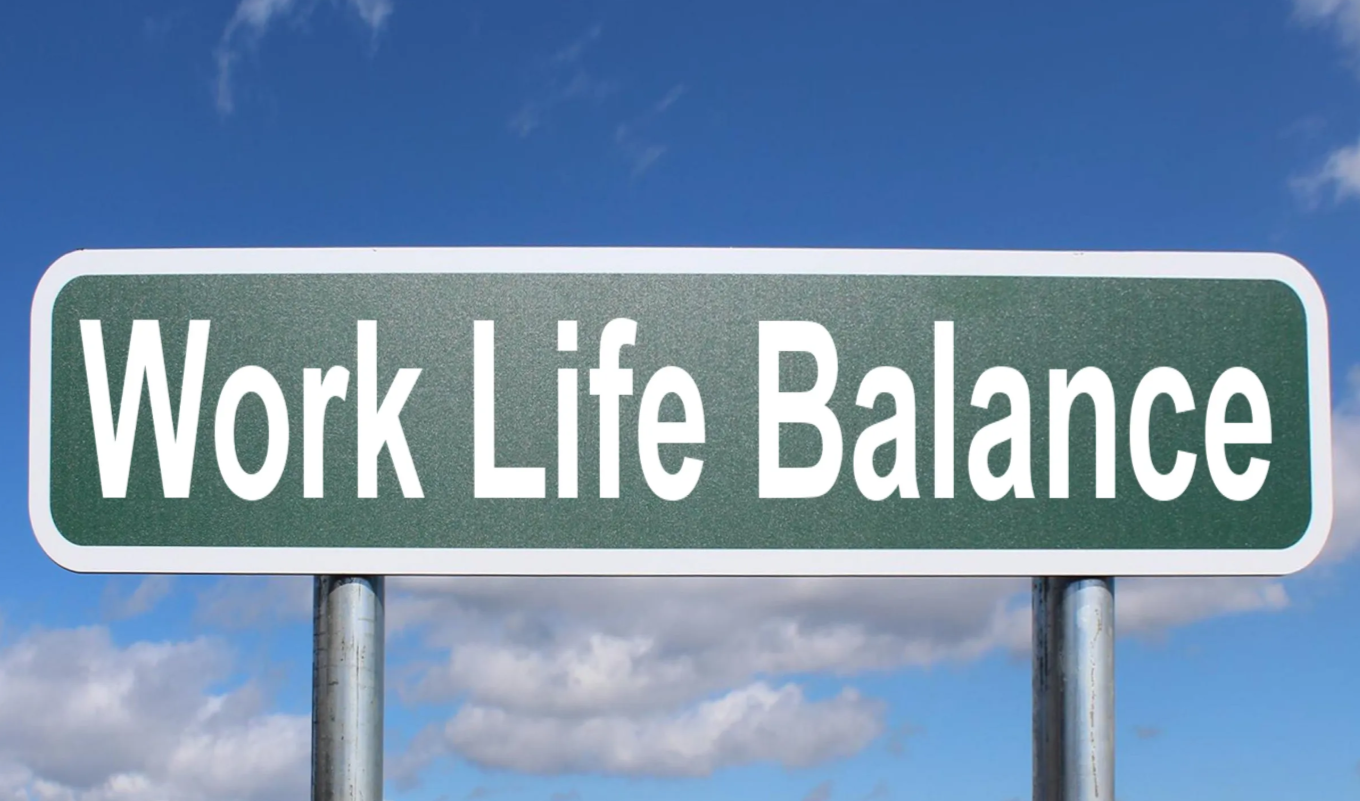Over the course of our life, as we progress from struggling college students to thriving professionals, there are often a few recurring themes. “Focus on being productive instead of busy” and “Nothing worth having comes easy”. One maxim I feel is crucial, “work hard, play hard”1 can be traced back to 1827, but when asking the average American, more than one in four would describe themselves as “super stressed”.2 To me, this means we are putting more focus on “work hard” and a lot less on “play hard”.
Finding the balance between work hard and play hard can be a lot more important than many people realize. Poor work/life balance has proven to increase stress levels and lower productivity. High stress levels impact concentration, emotions, and can even lower our immune system. New research conducted by Mental Health America shows chronic stress can double the risk of heart attack. 2
Balancing work/life demands is not a one-time activity nor a one solution that fits all. It is an on-going process unique to each person and situation requiring a willingness to take time for yourself. Maybe it means stepping away from your computer or phone for five minutes, going for a walk, or spending time with a beloved pet, family member, or friend. I can’t tell you what will work, but ask yourself these questions and see if you can start figuring it out for yourself.
“What is currently causing me stress or to be unhappy with where I am?”
“What am I prioritizing and what am I sacrificing?”
“What makes me feel better?”
Pay attention to how these questions make you feel and be honest with yourself. It is OK to admit to not being happy or even that maybe you need some help finding answers. While you are working to find answers, and keep in mind they may change over time4, try a few of the tips below. Remember, there is no one true answer, and it is never wrong to reach out for help.
While at Work3
- Set manageable goals: We all like to check those boxes and reach our goals. Just be reasonable and realistic. Be willing to re-assess your abilities and accept that bad days happen and there is always tomorrow.
- Take Five minutes: Be willing to step away for just five minutes to catch your breath and re-center yourself. It’s amazing what five minutes can do.
While at Home
Put the tech down: Step away from your email and work chat. Unless required by your job, when your day is done, you are off the clock and do not need to respond. It is OK to be unavailable.
- Treat yourself right: It is easy to fall prey to quick and easy meals that fast food or microwave options provide. And occasionally doing that is OK, but be mindful to eat right and exercise (even just a walk around the block). You will feel better in the long run.
- Get help if you need it: If you are constantly overwhelmed, depressed, or just unhappy, it may be time to talk to a professional.
References
- Queen's University. "Truth to age-old maxim 'work hard, play hard'." ScienceDaily. ScienceDaily, 29 June 2016. www.sciencedaily.com/releases/2016/06/160629105940.htm .
- “Work Life Balance”. Mental Health America, 2023. https://www.mhanational.org/work-life-balance
- “Work-Life Balance Is a Cycle, Not an Achievement”. Harvard Business Review. January 29, 2021. < https://hbr.org/2021/01/work-life-balance-is-a-cycle-not-an-achievement>
- “About Mental Health”. Centers for Disease Control and Prevention. April 20, 2023. https://www.cdc.gov/mentalhealth/learn/index.htm#:~:text=Mental%20health%20includes%20our%20emotional,childhood%20and%20adolescence%20through%20adulthood .

